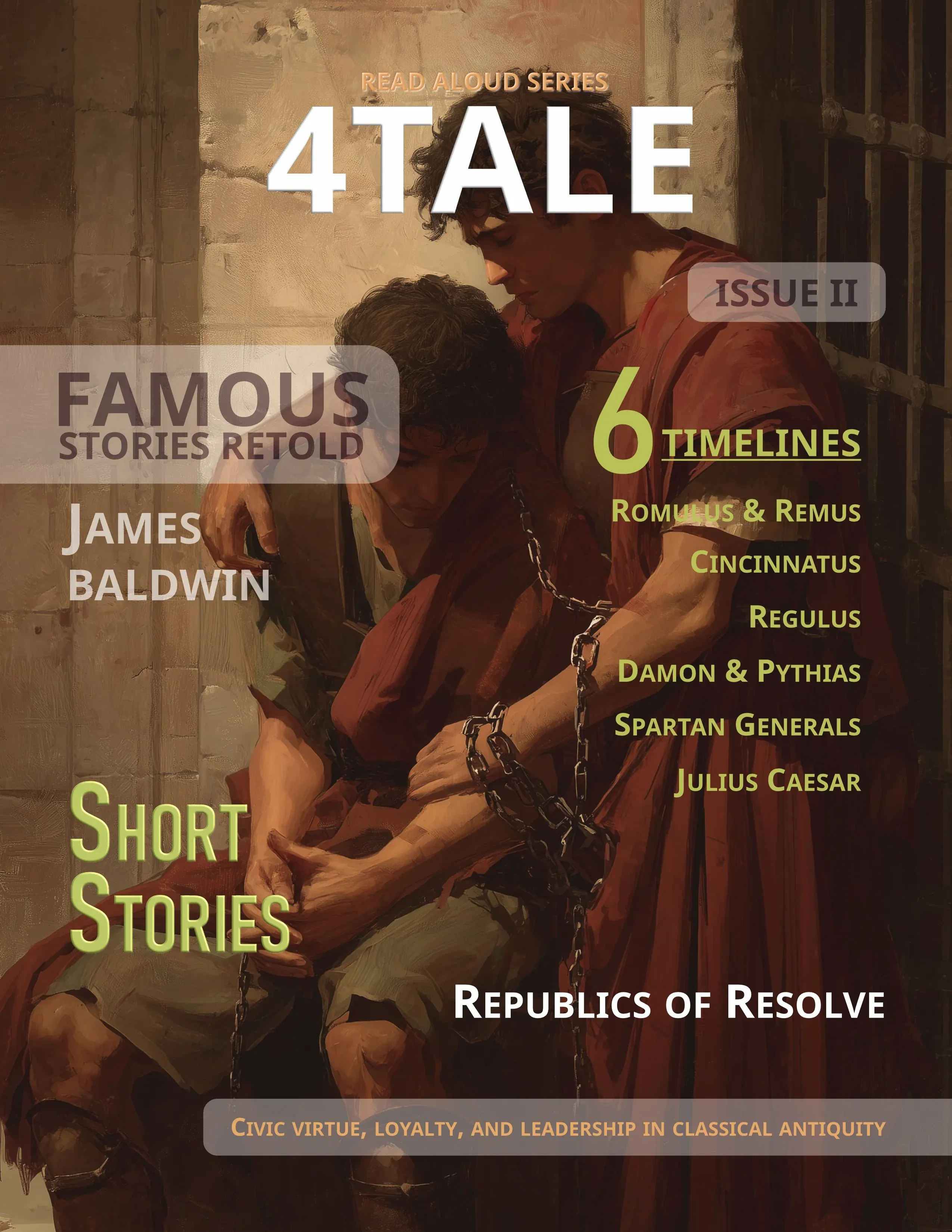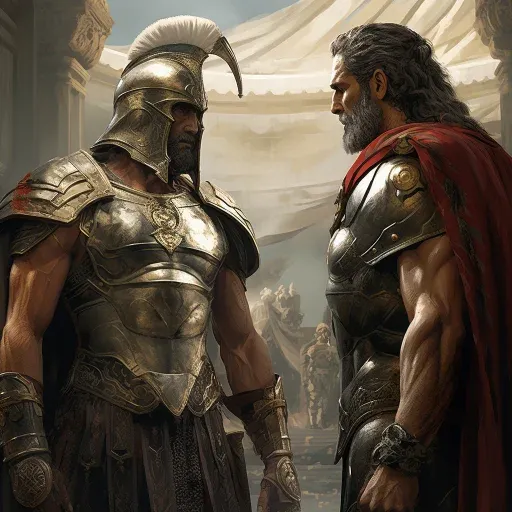
Heading

Friendship: Damon and Pythias were two noble friends in ancient Syracuse who epitomized true friendship and loyalty.
Pledge: When Pythias was sentenced to death by the tyrant Dionysius, Damon offered to take his place temporarily so Pythias could settle his affairs.
A good book we like, we explorers. That is our best amusement, and our best time killer
- Roald Amundsen, Explorer
The Unwavering Bond: Tale of Damon and Pythias
In a world where true friendship often takes a backseat, the ancient story of Damon and Pythias offers a refreshing departure. This tale, steeped in loyalty and unwavering trust, serves as a timeless testament to the power of friendship. It narrates how one man willingly faced death for his friend, and how their unyielding faith in each other moved even a hardened tyrant. As we delve deeper into this narrative, we will explore the profound implications it holds for our understanding of friendship, loyalty, and sacrifice. Prepare to be inspired.
Introduction to the Tale of Damon and Pythias
In ancient times, a story permeated the land, a profound tale of friendship, loyalty, and trust - the story of Damon and Pythias. This tale, passed down through generations, speaks volumes of the power of friendship and the lengths one would go to uphold a promise. The characters, Damon and Pythias, whose names have become synonymous with true friendship, set an example that resonates even today.
The Tyrant Dionysius and the Imprisoned Pythias
The tale begins with Pythias, a young man who, in a turn of events, falls out of favor with the tyrant Dionysius, leading to his imprisonment. Pythias' only wish was to bid farewell to his loved ones before meeting his untimely end. However, the tyrant, skeptical of Pythias' intentions, doubted his promise to return. The tyrant believed that Pythias sought only to cheat death and escape, painting a vivid picture of the tyrant's distrust.
Podcast
Damon's Noble Offer: A Display of Unwavering Friendship
In the midst of such despair, a beacon of hope emerged in the form of Damon, a friend of Pythias. Displaying unwavering loyalty, Damon offered to take Pythias' place in prison, assuring the tyrant of Pythias’ return. His faith in Pythias was so strong that he was ready to sacrifice his own life, a testament to his profound love and belief in his friend's word. Despite the tyrant's initial surprise, he eventually agreed to this noble offer, setting the stage for a tense waiting period.
The Awaited Return of Pythias: Test of Trust and Loyalty
As the fateful day dawned, the absence of Pythias weighed heavily on the hearts of all present. Damon, imprisoned and ready for an undeserved death, held steadfast in his faith towards his friend. His unshakeable belief in Pythias' integrity was profoundly moving, serving as a testament to the extraordinary bond shared by the two friends. In the face of adversity, Damon remained a beacon of trust and loyalty, demonstrating the power of their friendship.

The Tense Climax: A Race Against Time
The clock ticked on relentlessly, diminishing the hope for Pythias' return with each fleeting moment. Damon, prepared to meet his fate, exhibited a remarkable tranquility, his belief in his friend unwavering. Then, at the eleventh hour, as Damon prepared to face his unjust fate, an unexpected figure appeared at the door. Pythias, delayed by unforeseen circumstances, had arrived just in the nick of time, thus proving the power of a promise made between true friends.
The Surprise Turn of Events: The Freedom and Lessons Learnt
The tyrant Dionysius, witnessing the incredible display of friendship and loyalty, was moved. Struck by the profound bond between Damon and Pythias, he granted them both their freedom. This unexpected turn of events revealed the true strength of their friendship, which not only saved their lives but also moved a tyrant. Dionysius confessed that he would give all his wealth to possess such a loyal friend. This tale of Damon and Pythias illustrates the power of friendship, loyalty, and trust, offering a timeless lesson for all.
Conclusion
The inspiring tale of Damon and Pythias serves as a timeless beacon of unwavering friendship, loyalty, and sacrifice. Their story, a testament to trust and honor, underscores how genuine bonds can transcend the harshest of trials, moving even the hardened hearts of tyrants. With their enduring faith in each other, they delivered a potent lesson that transcends time and resonates even in our modern world. May their tale inspire us to value our friendships, remain loyal in adversity, and be willing to make sacrifices for those we hold dear.





